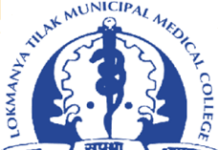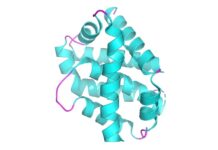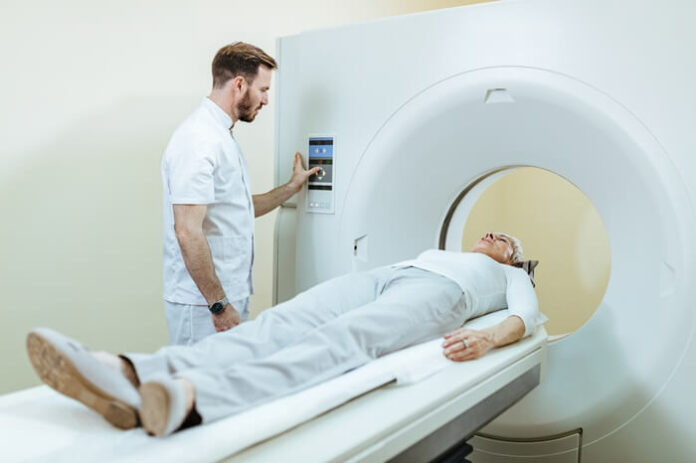Researchers have used magnetic resonance imaging (MRI) to better understand how a gluten-free diet affects individuals with celiac disease, potentially paving the way for new treatment approaches. The MARCO study (Magnetic Resonance Imaging in Celiac Disease), led by experts from the University of Nottingham’s School of Medicine and the Quadram Institute, has been published in Clinical Gastroenterology and Hepatology.
Celiac disease, a chronic condition affecting 1 in 100 people, causes the immune system to react abnormally to gluten, leading to gut inflammation and symptoms like abdominal pain and bloating. While adhering to a lifelong gluten-free diet aids in gut recovery, many patients continue to experience gastrointestinal issues.
Professor Luca Marciani, who led the study, explained, “Despite its prevalence, we don’t fully understand how celiac disease affects gut physiology or how the gluten-free diet impacts these changes. Using MRI and microbiome analysis, the MARCO study offers new insights.”
As reported by medicalxpress, the study involved 36 newly diagnosed celiac patients and 36 healthy volunteers. MRI scans, along with blood and stool samples, were collected at the start and after one year of the patients following a gluten-free diet. Healthy participants repeated the study but without dietary changes.
Findings revealed that newly diagnosed patients experienced more gut symptoms, increased fluid in the small bowel, and slower food transit compared to healthy controls. Their gut microbiota also had higher levels of harmful bacteria, like E. coli. After a year on a gluten-free diet, these symptoms and gut function improved but did not return to normal. The diet also led to a reduction in beneficial bacteria, such as Bifidobacteria, likely due to reduced starch and wheat nutrient intake.
Professor Marciani noted, “The correlation between gut function changes and microbiota alterations was particularly striking. These findings open possibilities for developing prebiotic treatments to counteract the gluten-free diet’s negative effects on gut microbiome health.”
Dr. Frederick Warren from the Quadram Institute emphasized the study’s innovative collaboration, combining imaging and microbiome research to provide insights that may guide future strategies to manage long-term symptoms in celiac patients.
























